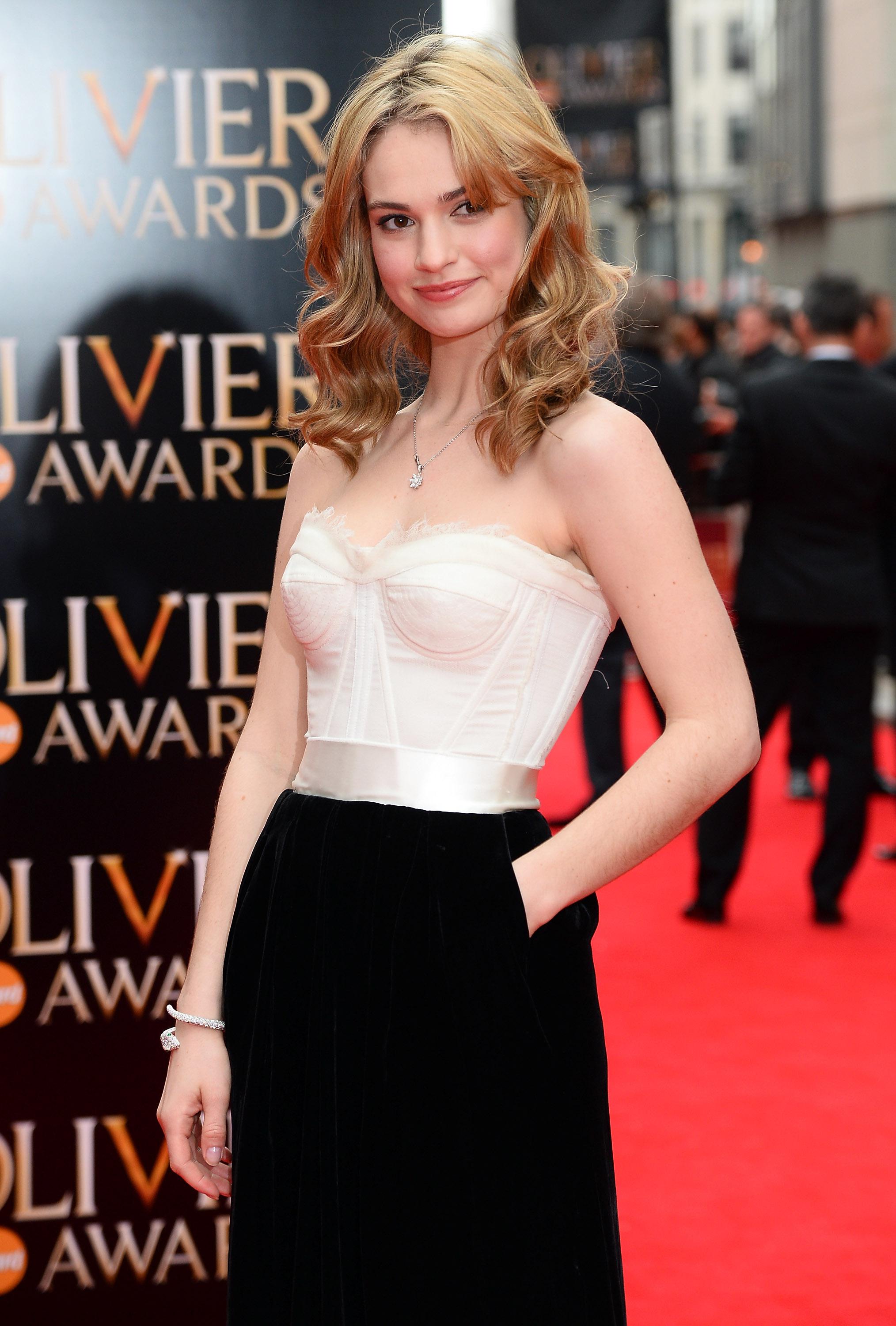Fans of Lily James, otherwise known as Rose MacClare on Downton Abbey, should be happy: James has been cast as the title character in a live-action adaptation of Cinderella. Cate Blanchett will play her wicked stepmother. So how will the filmmakers reimagine the Cinderella story?
It’s a fairy tale ripe for revision. Problematic elements include an overemphasis on attractiveness, a fetishization of housecleaning, and a reductive understanding of female motivations. (Would we be so quick to blame women’s bad behavior on jealousy if we hadn’t grown up with Cinderella and her mean, ugly stepsisters?) If the filmmakers are interested in updating some of the tale’s less enlightened bits, there are plenty of places they can turn for inspiration. Consider last summer’s Snow White and the Huntsman. That film, which starred Kristen Stewart, restyled the titular heroine as the leader of an avenging army, a woman wresting her country back from the corrupt rule of her stepmother.
Cinderella has less potential as an action story, but then, it doesn’t need action. While the Disney version of her adventures emphasizes her kindness to animals and general sweetness, earlier Cinderella archetypes from China and the Philippines focus on the young woman’s devotion to her dead mother’s memory. In some Italian tellings, she befriends a fish who is the reincarnation of her mother; in others, she tends a tree planted on her mother’s grave. Maybe a live-action version of the story could focus on Cinderella winning support not from a fairy godmother but from a real person, and winning not because of her inherent adorability, but because of her moral courage.
And rather than the traditional (slipper-aided) love affair between Cinderella and the prince, what if Cinderella beguiles him with her personality? Again, there are lessons in the past, where Cinderella appears not just during the prince’s birthday party, but during his coming-of-age ceremonies, circumstances that offer more storytelling potential than a simple dance. A contemporary Cinderella shouldn’t be a passive, pursued object. Maybe she could speak up about the fairness of a contest or a judgment—anything to demonstrate a heart, brain or backbone.
Feminism doesn’t mean that women can’t accept—or need—help. But it would be nice to see a Cinderella who does a little something to improve her own circumstances, and to prove that unlike all those fairy tale stepmothers who get their positions with their pretty faces, there’s something more she has to offer.
